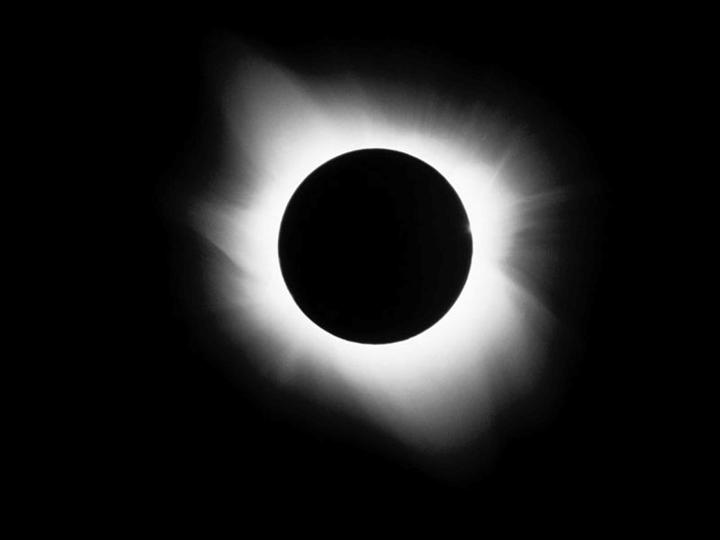HOME Calendar Consultation Clinic Divination Texts Video Music Theatre Acupuncture Herbs Tuina Nutrition Qigong
ASTROLOGY
DAOZHAN: Divination Resource for Daoist Calculation; (6 books within 1 text; [Book 3] TAOIST ASTROLOGY (ZHANXINGSHU): Timing of Divine Return)

ASTROLOGICAL FORECASTING:
Contact info@lotusspace.com
ASTROLOGY (ZHANXINGSHU): Timing of Divine Return
Astrology (zhanxingshu), the heavenly art of divination derived from the science of astronomy (number in space-time), literally translates as “divination through star number,” meaning receiving divine messages from celestial orbits. Originally, priests (astronomer-priests) of antiquity watched the celestial cycles of time (orbits of the sun, moon, planets and stars) to calibrate not only their lives, but also the return of divinity. The primary purpose of astronomy-astrology of remote antiquity was to formulate various calendars demarking religious rituals and festivals for worshiping the reigning deities.
According to mythology, there was a time when celestial deities reigned on earth, and formulated the calendars, which regulated the lives of humanity. The celestial bodies (Sun, Moon, planets, and stars) represented deity counterparts moving through celestial palaces. Therefore, astronomer-priests observed the heavens to portend the influences of heaven.
“Men's lives are reflected in the movements of heaven:
When there is cruelty and violence, there will be violent winds.
When there are oppressive laws, there will be plagues of insects.
When the innocent are put to death, there will be red death.
When harvesting is forbidden, there will be torrential rains.
The four seasons are the Annals of Heaven;
The sun and moon are the messengers of Heaven;
The stars and planets record Heaven’s seasons;
Rainbows and comets are Heaven’s warnings.” (Huainanzi as quoted in Walters)
HISTORY AND DEVELOPMENT OF ASTROLOGY: Astronomy to Horoscopes
The Chinese, as well as older foreign systems of astrology, fundamentally use two calendars, solar and lunar. The solar, or astronomical calendar, follows the Earth’s orbit around the Sun, and begins at the winter solstice. The winter solstice, the transformation point of yin to yang, marked the beginning of the year with ritual sacrifice. The lunar, or civil calendar, follows the Moon’s orbit around the Earth, and begins on the first day of spring.
Ancient astrology was alternatively used to counsel the state in war and agriculture. Ancient astronomers designated the movement and position of the celestial bodies through angular notation. The varied angular positions of the sun, moon, planets, and stars were related to cyclical changes on earth, such as the seasons, moon phases, tides, fertility, and growth. The Chinese refer to the heavenly influence on earth as the celestial mandate (tianming). The angle itself specified the influences of celestial patterns on earthly events (note similarity between words ‘angle’ and ‘angel’). The newly emerging science of heliobiology verifies that the angular position of the celestial bodies affects the electromagnetic and cosmic radiations, which impact with the earth, and in turn these field fluctuations affect many biological processes (Lawlor).
“The Tao of heaven is circular; the Tao of earth is square. The square presides over concealment, the circle presides over brightness. The brightness emits qi, hence fire is the outer force. Concealment retains qi, hence water is the inner force.” (Huainanzi as quoted in Walters)
After the arrival of Buddhism in China (100 CE), until the present, astrology functioned primarily as a horoscope generator, an indicator of someone’s personality, compatibility in relationships, abilities, and difficulties. A horoscope may also be generated for a group, organization, or nation. Astrology predicts one’s inherited fortune/misfortune (karmic condition) bestowed by heaven (or fate/destiny). An astrological forecast (horoscope) provides the portents for a particular moment. This portent is determined through consulting a specific combination of a variety of different astrological influences including the sun, moon, the twenty-eight star constellations of the five palaces, the big dipper of the Polaris system, the five planets, and the nine palaces of heaven. The heavenly bodies are the deities within the body. For this reason, astrology can guide an adept of interior alchemy (neidan) to practice at the most appropriate time. For instance, in neidan, the adept visualizes bringing the five planets into the organs and projecting the viscera organs outward, creating a juxtaposed oneness between the universal macrocosm and individual microcosm.
Most of the treatises on astrology were produced during the Zhou and Han Dynasties, a time considered the Golden Age of astrology in China. The fundamental difference between Chinese and Western astrology were their observation systems, using ecliptic paths (Yellow or Red respectively; see below) about the celestial center, which were dependent on the observer’s position (Northern or Southern hemispheres). Consequently, two kinds of astrological interpretations developed. Western astrology interprets based upon observations of planetary movements along the zodiac (ecliptic). Chinese astrology observes primarily the lunar zodiac, which consists of 28 constellations (one for each day of the lunar month), which are grouped in four quadrants. The four quadrants, consisting of seven constellations each, form the mega-constellations of the quadrant animals. This is not to be confused with the so-called Chinese zodiac, also known as the Jupiter Cycle (12 year orbit), consisting of twelve animals, which is used primarily to enumerate the years.

see also:
Article: "Number of the Beast" by Metatron
(Links Revelation 13 with the Mayan Calendar)
To some, Astrology is an important part of
daily life. Each decision you make during the day can be attributed to your
sign. Astrology can help guide you through short term day to day decisions or
long term decisions like choosing quality
apartments for rent. To skeptics
however, it's hard to believe that your life can affected by the stars and
astrological signs. With a good understanding of astrological forecasting, a
person can harness the power of
Astrology and put it to good use in their life.